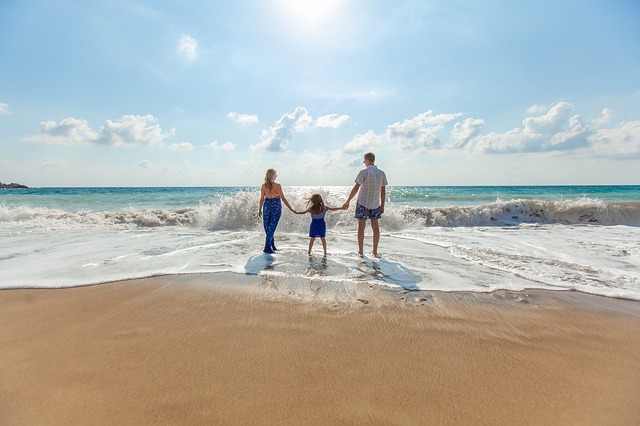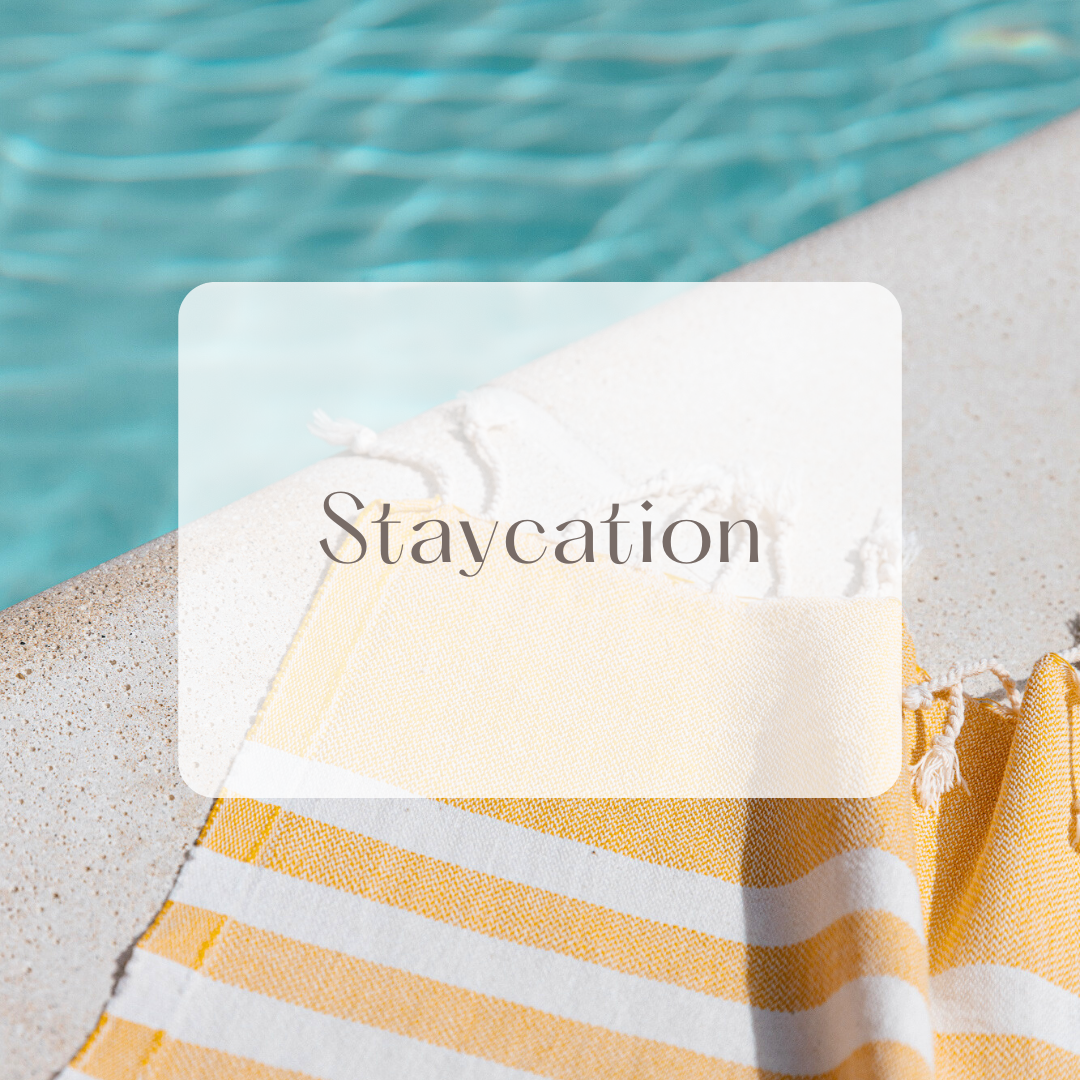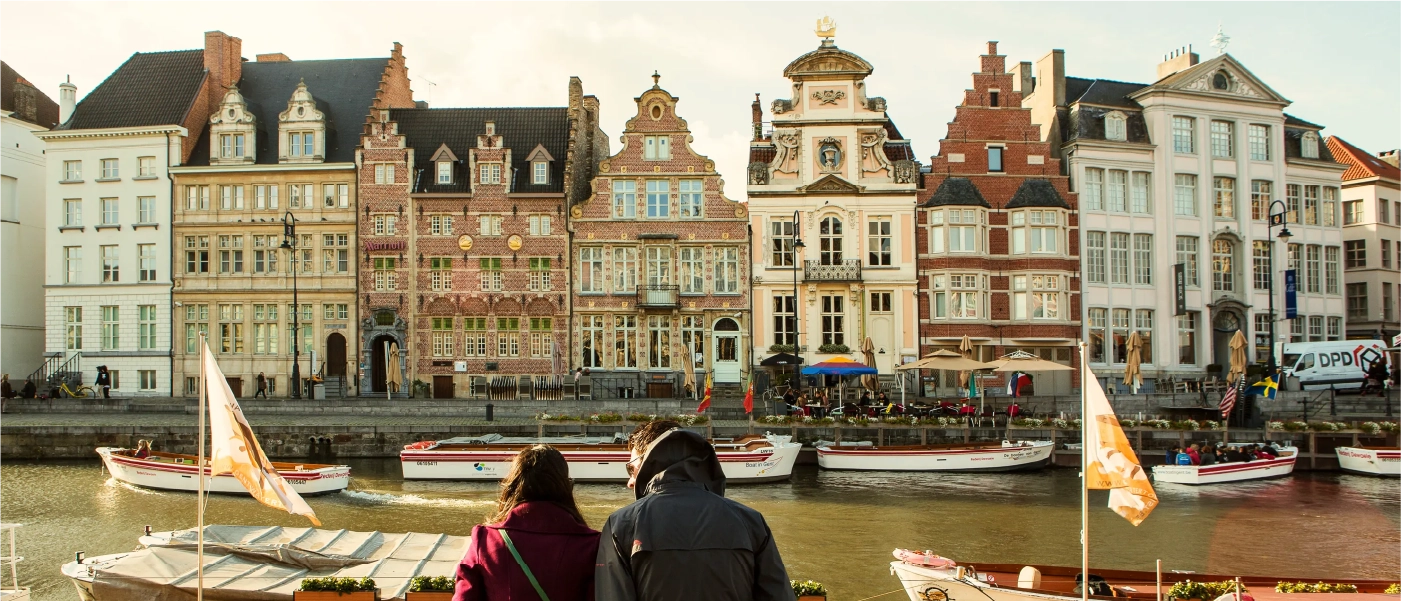Before you can start to rely on a hospitality exchange as a way to save money on accommodation, however, you will need to establish a reputation and become an active part of the community. Couch Surfing, for example, is in almost every city in the world. Before you set off on your big trip, you may want to find out if there are any local events where you can meet other members from around the world. It’s also a good idea to get a verified account which further helps to improve your credibility with other members.
Eating and Drinking
For a budget traveller, eating at restaurants and cafes is in most places, a rare luxury. In some countries, shopping in supermarkets is even more expensive than going to a cheap local restaurant. Your food and drink budget will inevitably vary depending on where you are, but there are some universal ways to greatly cut costs.
Places such as farmers’ markets or, in some countries, road-side food and drink stands and kiosks, tend to be the cheapest places to get your daily sustenance. What’s more is that, in markets, you tend to get much better quality ingredients which lends to a healthier lifestyle while you’re on the road.
In some situations, food and drink may be included in the price of your accommodation. This is often the case in more remote, off-the-beaten-track places where home stays are the most common form of accommodation offered to foreigners.
If you have a little more money to spend and, depending on the country you’re in, eating at certain types of cafes or restaurants can actually be very affordable. If you’re looking to eat out sometimes, avoid international chains Lipmarket restaurants and tourist traps and instead look for places where the local people go or places which have bargain lunch or dinner menus posted by the entrance.
As far as drinking goes, it can be a major expense for the backpacker who likes to party a lot. If you want to drink fairly regularly and enjoy the local nightlife, your money will vanish frighteningly quickly in some countries while, in other places, vodka and beer are cheaper than water.
Earning Money while Abroad
The only way to keep travelling indefinitely without ever having to worry about running out of money and rushing back home is to earn money abroad! From teaching English to getting a web-based job, there are plenty of options for those who want to remain location-independent on a long-term basis.
Working holidays are a popular way to get abroad, do something different and save money in the process, though they rarely actually pay. In fact, they often cost money. The best thing to do is establish some kind of passive income before you set off. If you own your home, then why not rent it out while you’re away? Depending on your home country and the destination you’re going to, the rent money might cover your entire trip.
Alternatively, you could invest in an English teaching qualification before you go. In many countries, English teachers are in high demand and you don’t even need a qualification in some places.
Another way to earn money on the move is to use the Internet. Consider blogging about your travels and marketing your blog through social networking sites and by swapping links with similar websites. Over time, you can build up a passive income from affiliate programs and advertising
If you have a skill which is in high demand on the Internet, such as web design, writing or graphic design, why not put those skills to use? You can seek jobs through online freelancer directories and get work done when you have some time to spare.
So you’re tired of your regular job and you desperately need a break from the rat race that’s the life of lots of people around you? If your situation falls into that category, then perhaps it is time to try something new? Many say that real travel opens the mind and gets you into a whole new way of thinking and ultimately leads to an entirely better quality of life. For those who go about it with the right attitude, this is often very true.
Those who have travelled little or only taken holidays to popular tourist resorts during their yearly few weeks off work often don’t consider the option of taking a few months out to travel the world. While many of us have commitments which limit our freedom, much of the time, it’s simply a matter of money. There are those who think that such a thing is a great luxury, only reserved for those who have a large amount of money saved up. That is not the case. In fact, it has been said by many experienced budget travellers that, in some ways, the less money you have to go travelling with, the better your experience will be.
There are in fact, numerous cases in which people have started out a round-the-world trip on virtually nothing and, while such people certainly won’t be eating at expensive restaurants or staying in upmarket hotels, there’s a whole different type of travel which you might not even have thought of.
Although it’s cheaper to travel than ever before, let’s forget about the popular modern backpacking scenario for now. These days, many backpackers go travelling on a large amount of savings, not caring too much about their budget. Back in the early days of budget travel, backpacking was something that people did with very little money. They saw the world and went home feeling enlightened and ready for a complete change of life, yet they started out with very little. These days, staying in “backpackers” hostels in many locations around the world, you’re more likely to meet the new kind of traveller – those who have saved up a considerable amount of money to go travelling on a strict itinerary consisting of whistle-stop city tours. In spite of this, however, the old-school way of travelling around the world on a shoestring budget is just as viable today as it was decades ago.
Consider the following tips on travelling on a very tight budget. Perhaps you will be inspired enough to give it a serious thought and change your life for the better.
Where to Go
Some countries and cities are incredibly expensive, no matter what you do. Others are so cheap that you can live like a king on a fraction of the money that you would spend back home on your day-to-day normal life. For citizens of many countries in Western Europe, for example, there are many cheap destinations where the money can go a lot further.
For those travelling on a tight budget, the destination itself can make all the difference. While you may have your heart set on going to Norway, for example, you’ll have to be prepared to camp, hitchhike and never go out to restaurants or experience any nightlife. In another country, you can spend the same amount of money yet live a lot better, go out a lot more and, depending on what you want to do, get far more out of your trip.
There are various websites which can give you a fairly good idea of the cost of living in different countries around the world. Some countries which are best avoided for budget travel include the Scandinavian countries, much of Westem Europe and Japan, though there are plenty of others too. Cheaper destinations tend to be the ones which are more off the beaten track, though again, there are plenty of exceptions. If your primary goal is to enjoy stunning landscape and fascinating history, for example, why not try the Republic of Georgia instead of Norway? If you want to party, why not try Belgrade or Prague instead of Amsterdam?
Travelling Alone or with a Companion
For those who have not travelled alone before, the thought of setting out without anyone to keep you company might seem like an extremely daunting prospect. Travelling alone, however, does afford some great advantages. The most obvious one is that you’re in control. You can go where you want, stay where you want and do what you want. If you like a place, you can stay as long as you like. If you fall in love on your trip, you don’t have to hurry home or rush to the next destination.
The greatest concern that people have about travelling alone is, lin surprisingly, getting lonely. Some people can’t stand their own company for more than a day, but even for those who get lonely easily, travelling alone does not have to be a lonely experience. You’ll be staying in hostels, with host families or with friends who you meet on your trip. A budget traveller won’t be staying in soulless (and pricey) hotels. Budget travellers will be staying in places where there are many other people in exactly the same situation. In fact, many travellers enjoy a far more social experience when on a big trip than they ever would at home.
In spite of the advantages of travelling alone, it is still not something for everyone. There are also those of us who have relationship commitments. It has been truthfully said that a long trip abroad on a budget is one of the most powerful tests of a relationship. While it can be enormously trying at times, it’s also a way to get closer than ever to your other half and share your experiences together in a way that neither of you will never forget.
Having an Itinerary-To Plan or Not to Plan Your Trip
Many travellers plan out a strict itinerary. They plan everything before they go away. For some, these plans are fairly flexible while for others they are stuck to rigidly. So what is the best way to plan your trip? For budget travel, the more flexible you are once you’re on the road, the better.
Having a strict itinerary will not give you much freedom, either to find bargains or to stay in a place which you like a little longer. Less experienced travellers who have limited time often buy things like rail passes which are not only expensive; it’s also necessary to get your money’s worth which means constantly being on the move.
As far as planning your trip goes, it’s best to choose the location you most want to see and then go from there. You should always do your research into your starting location and have a good idea of how much you should expect to spend on a daily basis. From that point on, the best way to travel is to take it from there. As you meet new people on your travels, you’ll no doubt hear about other places and things to see and do which hadn’t occurred to you before. You might even find a travel companion in your first stop. If you are not locked in by a plan, you can travel spontaneously and your trip will be full of great surprises.
How to Get from Place to Place
For many people, the biggest expense is actually getting there as well as to the next destination and the ones after that. Back in the early days of backpacking, hitchhiking was the predominant method of getting from A to B. While hitchhiking definitely has its dangers and is not recommended by many travel guides, it is still the way in which people manage to travel on a shoestring.
Hitchhiking varies by country, with each country having its own, Linofficial set of rules. Though it’s rare, in some places, you may be expected to pay a modest amount of mone to share the costs of fuel. In other countries, hitchhiking is completely normal and the way a lot of locals get around. If you’re travelling with a partner, hitchhiking is a much safer option than it is if you’re travelling alone.
Hitchhiking varies by country, with each country having its own, unofficial set of rules. Though it’s rare, in some places, you may be expected to pay a modest amount of mone to share the costs of fuel. In other countries, hitchhiking is completely normal and the way a lot of locals get around. If you’re travelling with a partner, hitchhiking is a much safer option than it is if you’re travelling alone.
Fortunately, in this day of widespread Internet usage, hitchhiking has spread to the web. There are various websites where you can find rides in advance. People who Lise these sites either do so as a way to meet new people or as a way to share fuel costs on a long trip. “Online” hitchhiking offers the advantage of being a safer and more reliable alternative.
For those who are anxious about hitchhiking, there are not really any other alternatives unless you are taking your own car or, even more adventurously, travelling by bicycle or on foot.
If you have enough money, travelling by bus is often the cheapest option, although in some countries, trains are by far the most cost-effective option. If you’re backpacking around Russia or other CIS countries, for example, travelling by train third-class can be extremely cheap, though far from comfortable! In much of Europe, the cheapest way to travel between major cities is often to fly. With budget airlines offering ridiculously cheap prices (provided you are flexible with booking and travel times), flying is often the most cost-effective way of getting between two popular destinations in Europe.
Where to Stay
For most travellers, the other biggest expense is accommodation. These are travellers who stay in hotels, expensive hostels or self-catering accommodation. Fortunately, for those travelling on a shoestring, there are plenty of other options.
Before you go to a new place, it’s a good idea to look lip some hostels first. Many towns and cities have cheap accommodation in the form of hostels or homestays. Hostels certainly aren’t always cheap, but you can compare prices and facilities at popular sites like Hostelworld.com before you go. It’s always good to have a backup plan, even if you don’t want to spend too much time in hostels. You should always be prepared to spend a little money occasionally on accommodation.








